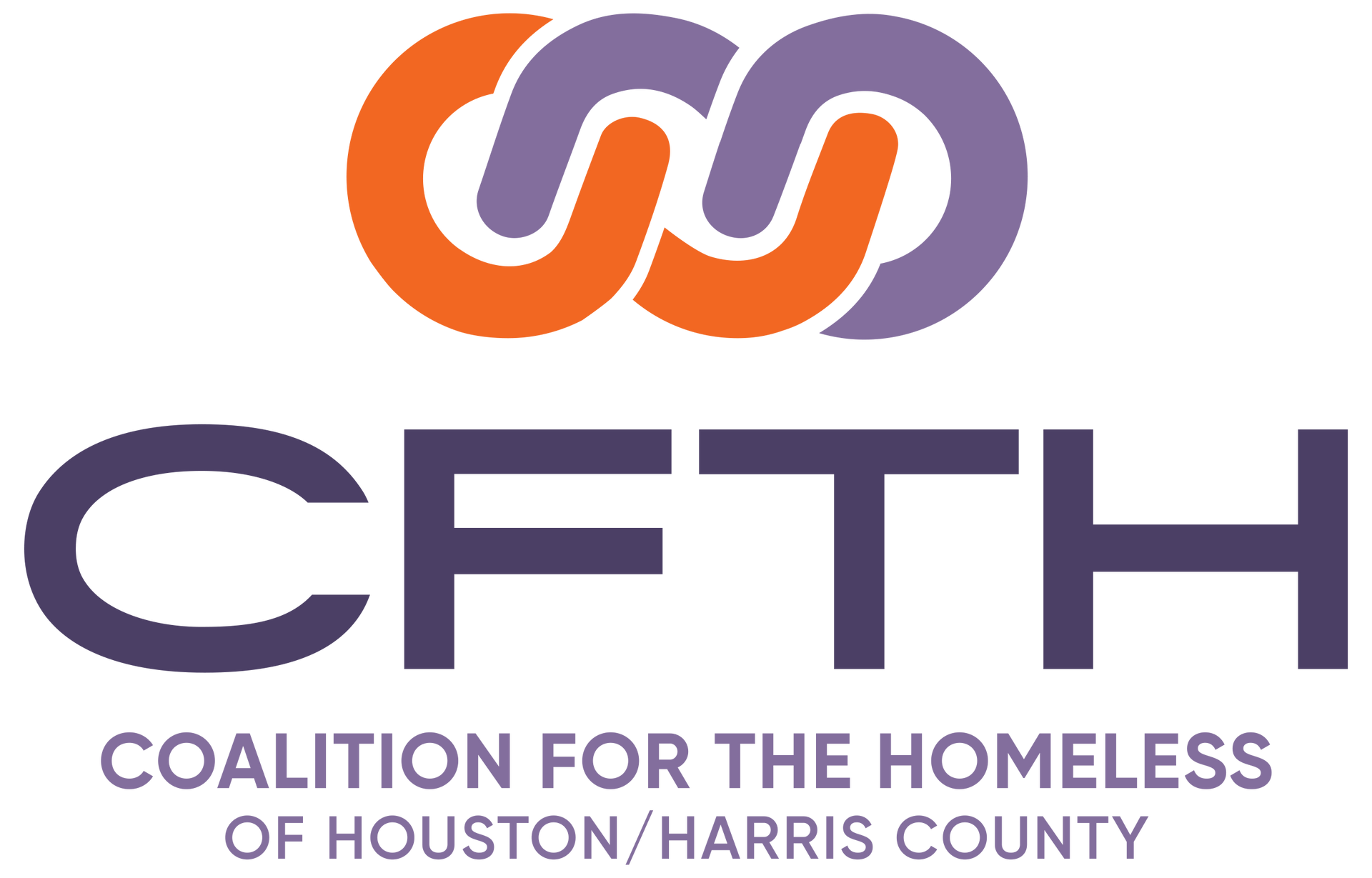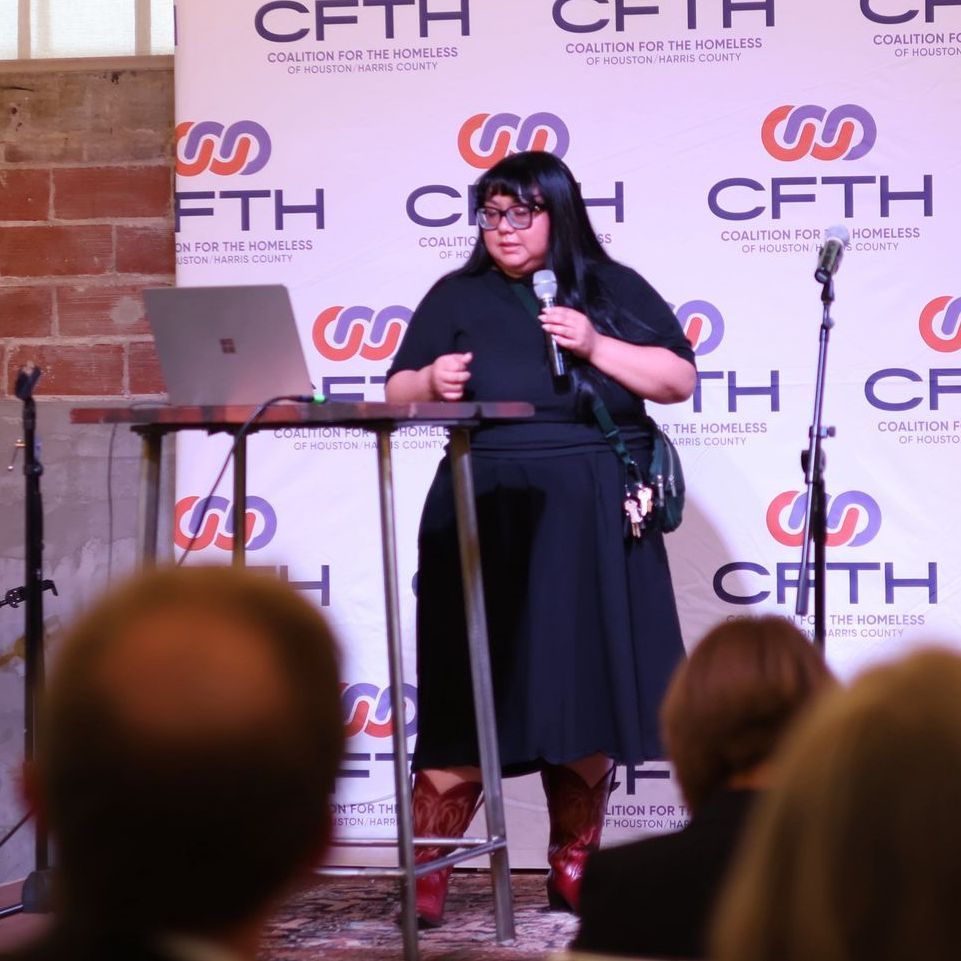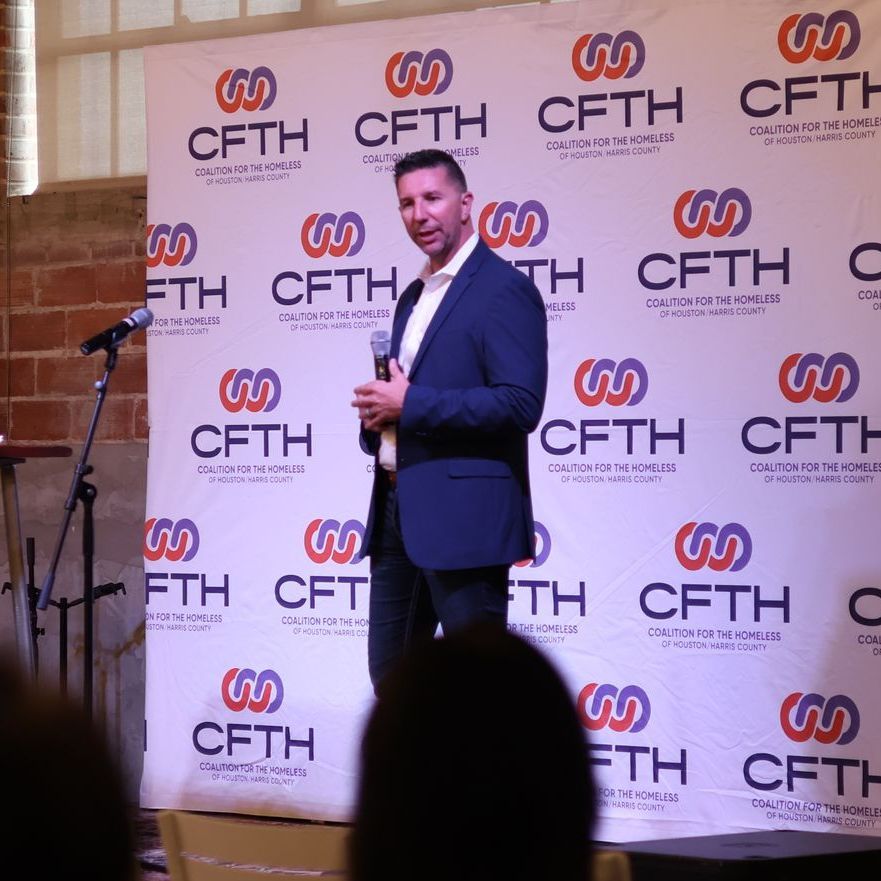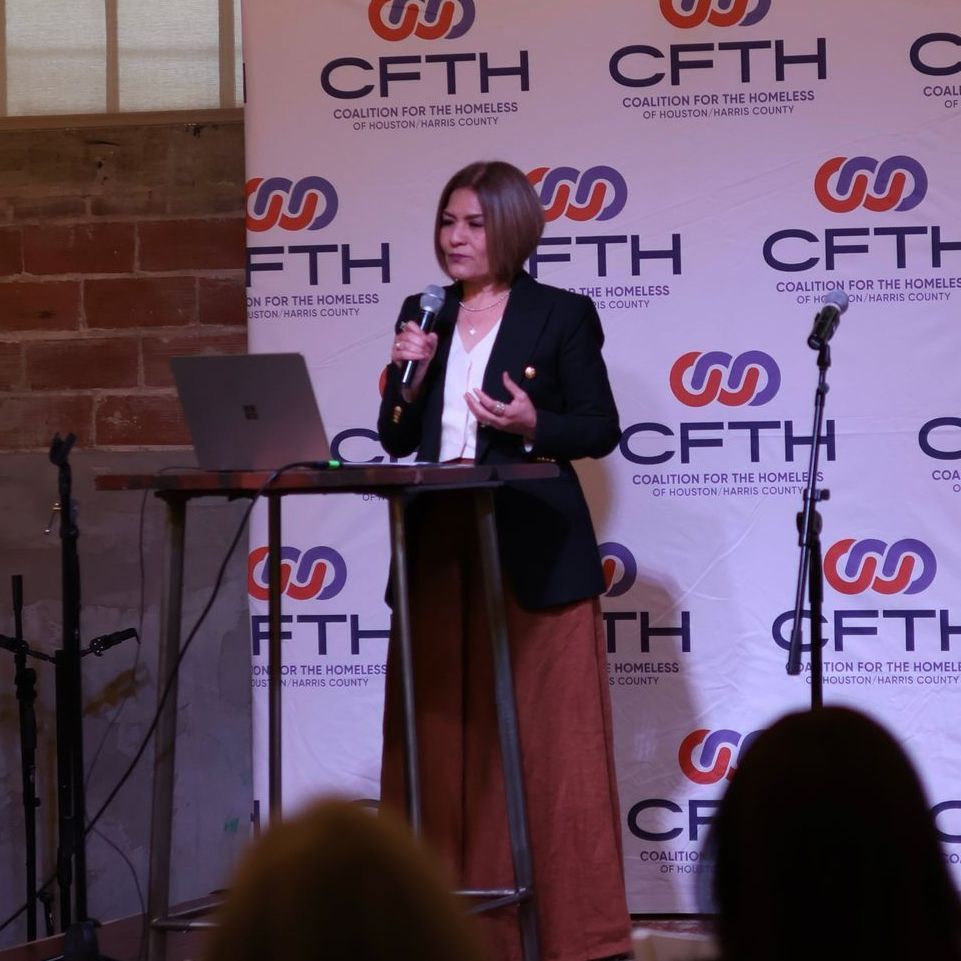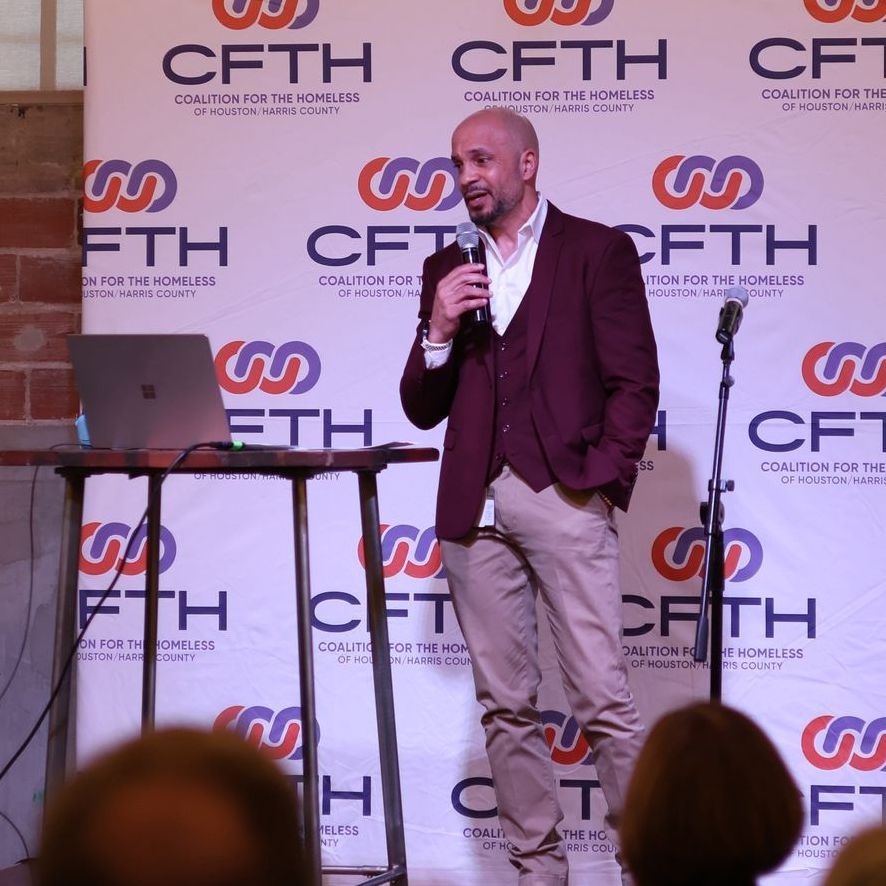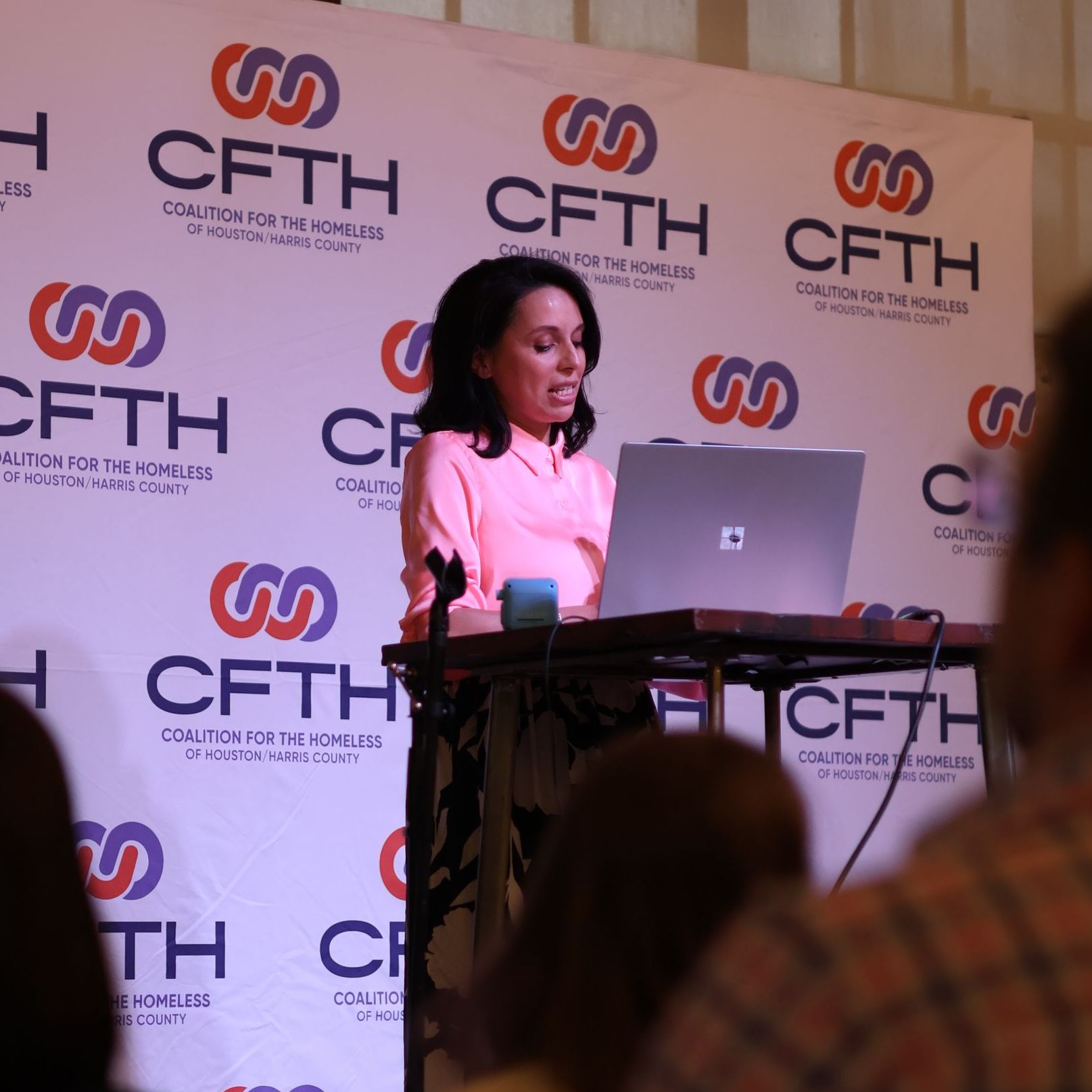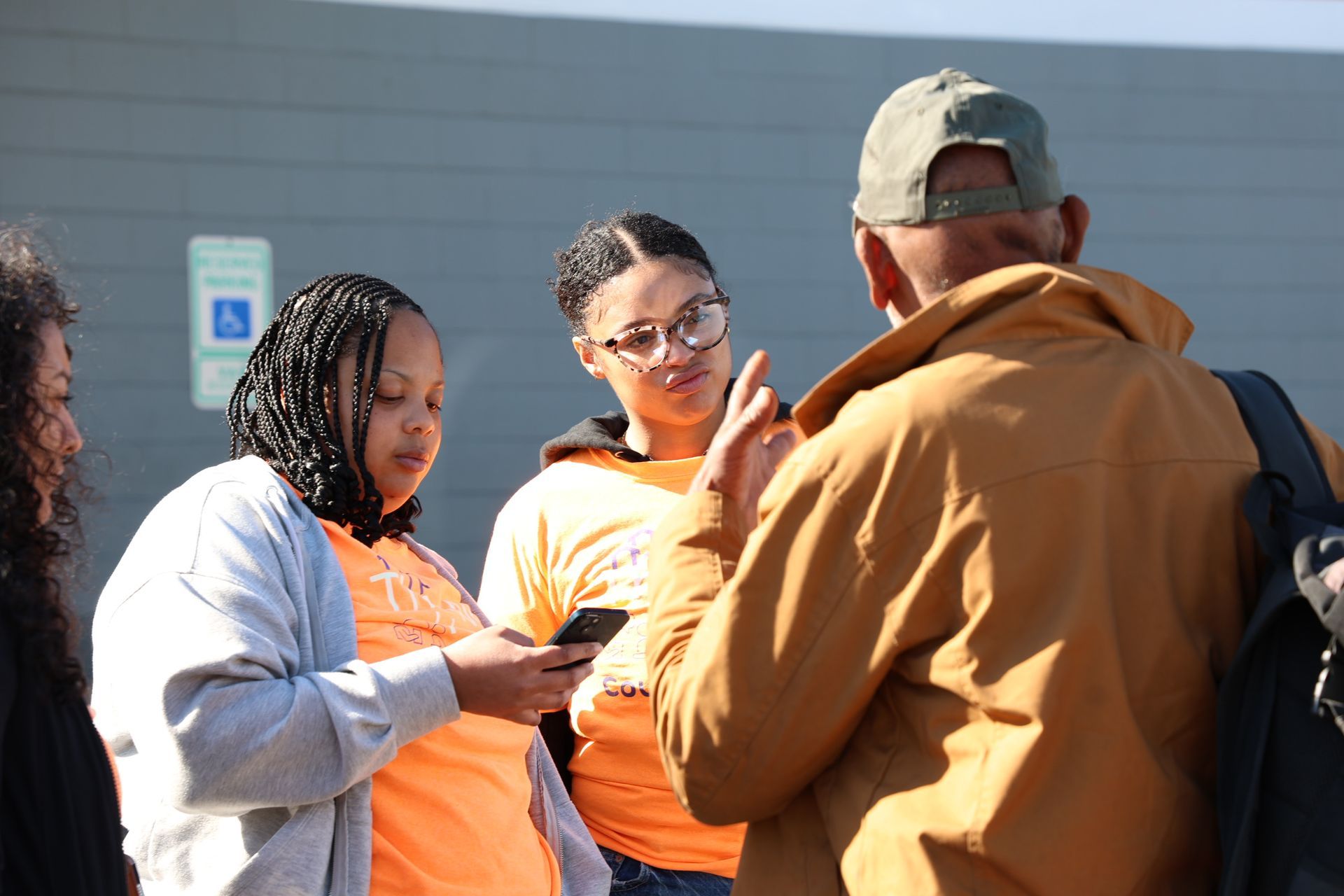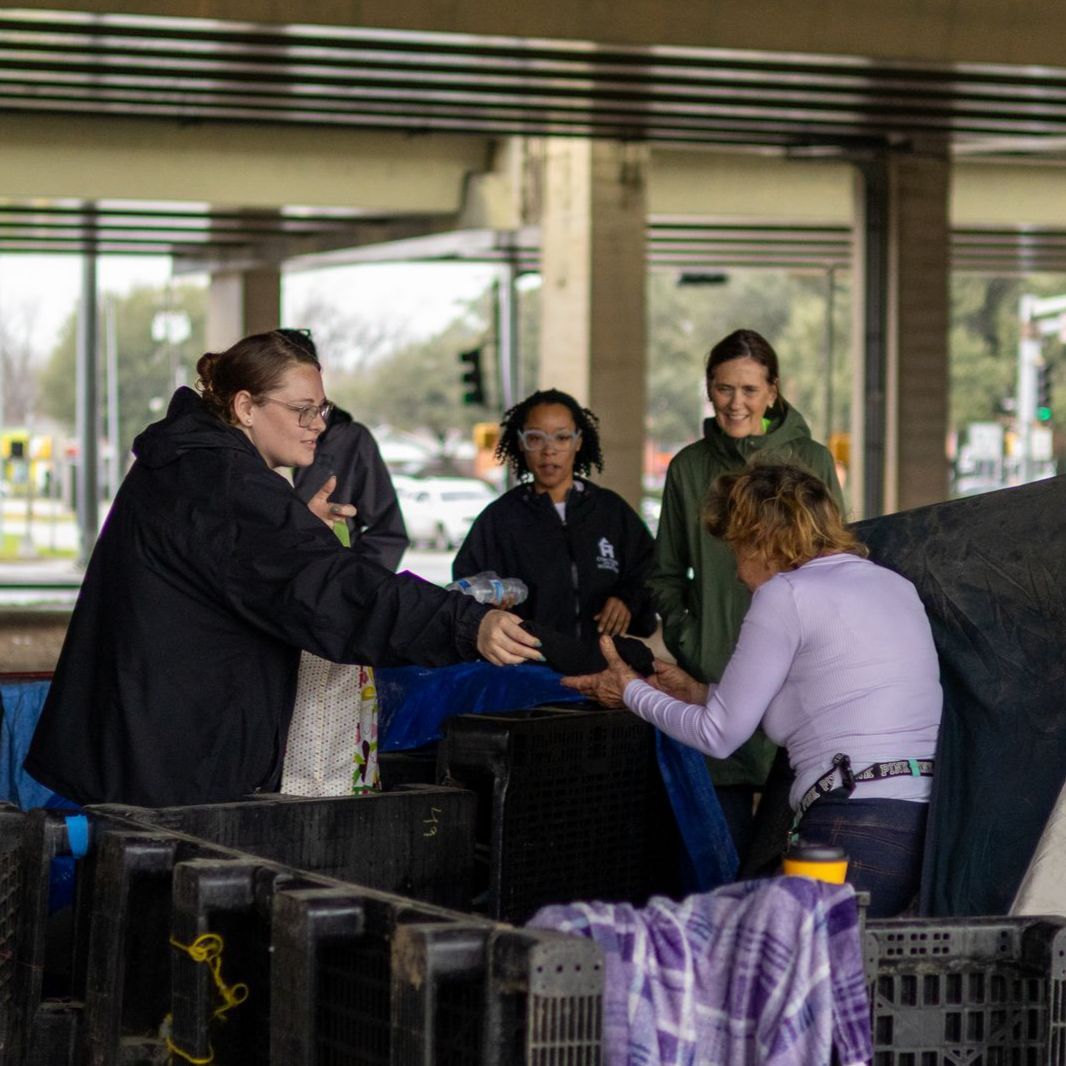By Catherine Villarreal
•
February 24, 2026
Houston, Texas (February 24, 2026) – This week, the nonprofit Coalition for the Homeless of Houston/Harris County (CFTH) is leading the annual Point-in-Time Homeless Count & Survey (“PIT Count”) to determine the number of people experiencing homelessness across Houston and throughout Harris, Fort Bend, and Montgomery counties. “We may see a slight uptick in the number this year, but we have a plan,” said Kelly Young, President & CEO of CFTH. “With the support of the City of Houston, Harris County, and private funders, we have been piloting new interventions to shorten the length of time people in our region experience homelessness. With adequate funding, we look forward to expanding those interventions to help people regain lives of self-determination.” CFTH coordinates the Houston region’s public-private homeless response system, The Way Home . Through this collaboration, The Way Home partners have successfully housed over 36,000 people since 2012. CFTH will release the results of Houston’s 2026 PIT Count in the summer, following independent verification by an epidemiologist. These findings will provide insight into how factors such as increases in the cost of living and the end of federal pandemic relief funding have impacted homelessness in our region. More information about the 2026 Point-in-Time Homeless Count & Survey The PIT Count offers a snapshot of how many people are experiencing homelessness in our region on a single night. This year, the “night of record” is Monday, Feb. 23. CFTH determines the number of people staying in shelters on that night by pulling records electronically from the Homeless Management Information System (HMIS) . The unsheltered count will be conducted on the following days, from Tuesday, Feb. 24 to Thursday, Feb. 26. More than 400 volunteers and staff of local nonprofit service provider partners will canvass the three-county region to survey people living unsheltered, using an app on their mobile devices. Results from the 2026 PIT Count will help gauge the progress of The Way Home’s ongoing collaborative efforts. It will also help CFTH and partner homeless outreach teams understand geographic shifts and target their outreach throughout the year. The PIT Count illuminates specific programmatic gaps and provides additional information needed to allocate resources most efficiently. The PIT Count is a requirement of the U.S. Department of Housing & Urban Development (HUD) for the annual Continuum of Care (CoC) funding process. HUD furnishes the majority of funding for programs that provide housing and supportive services to people experiencing homelessness in the region. In 2024, HUD granted more than $71 million to the Houston area.
